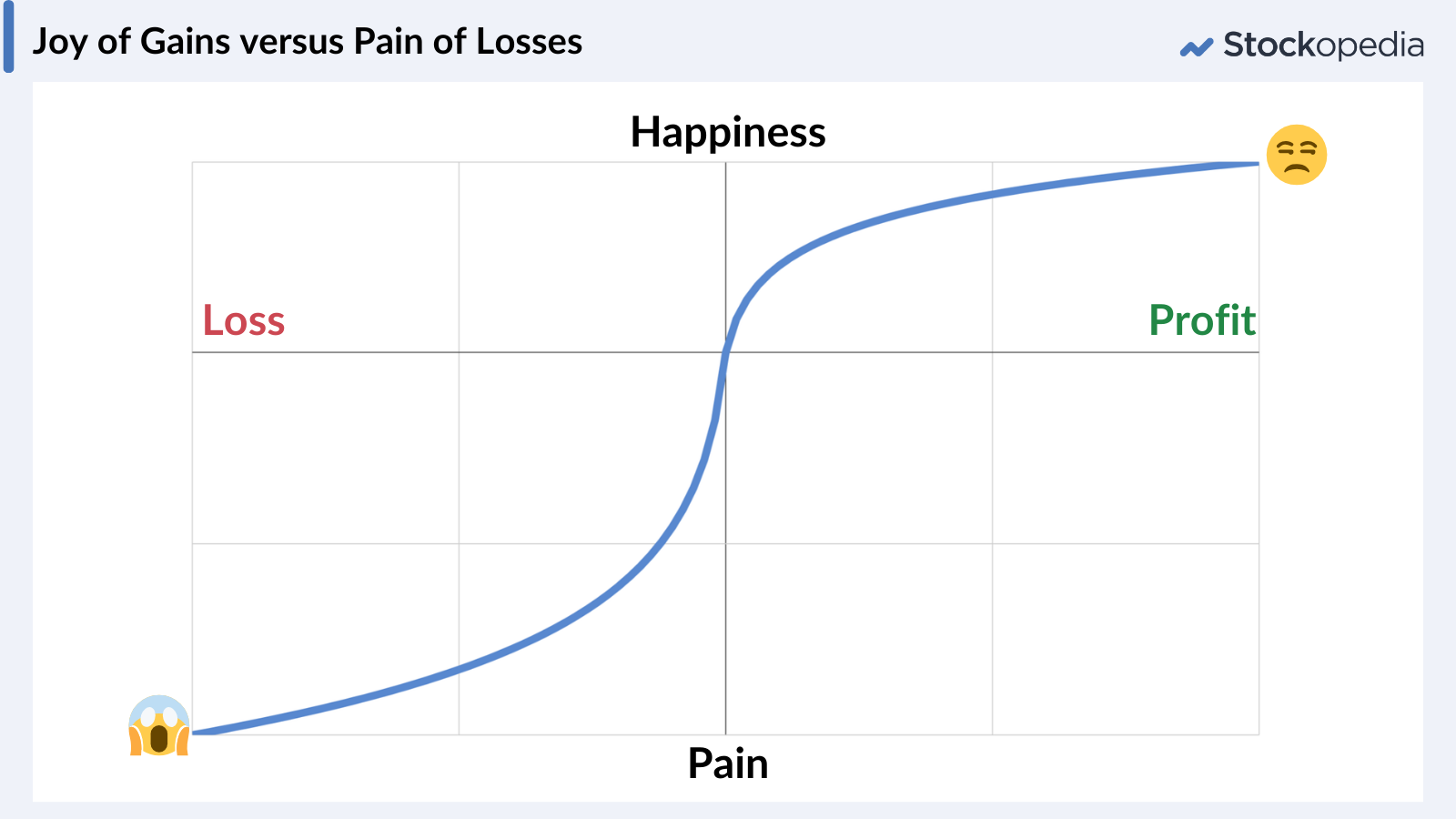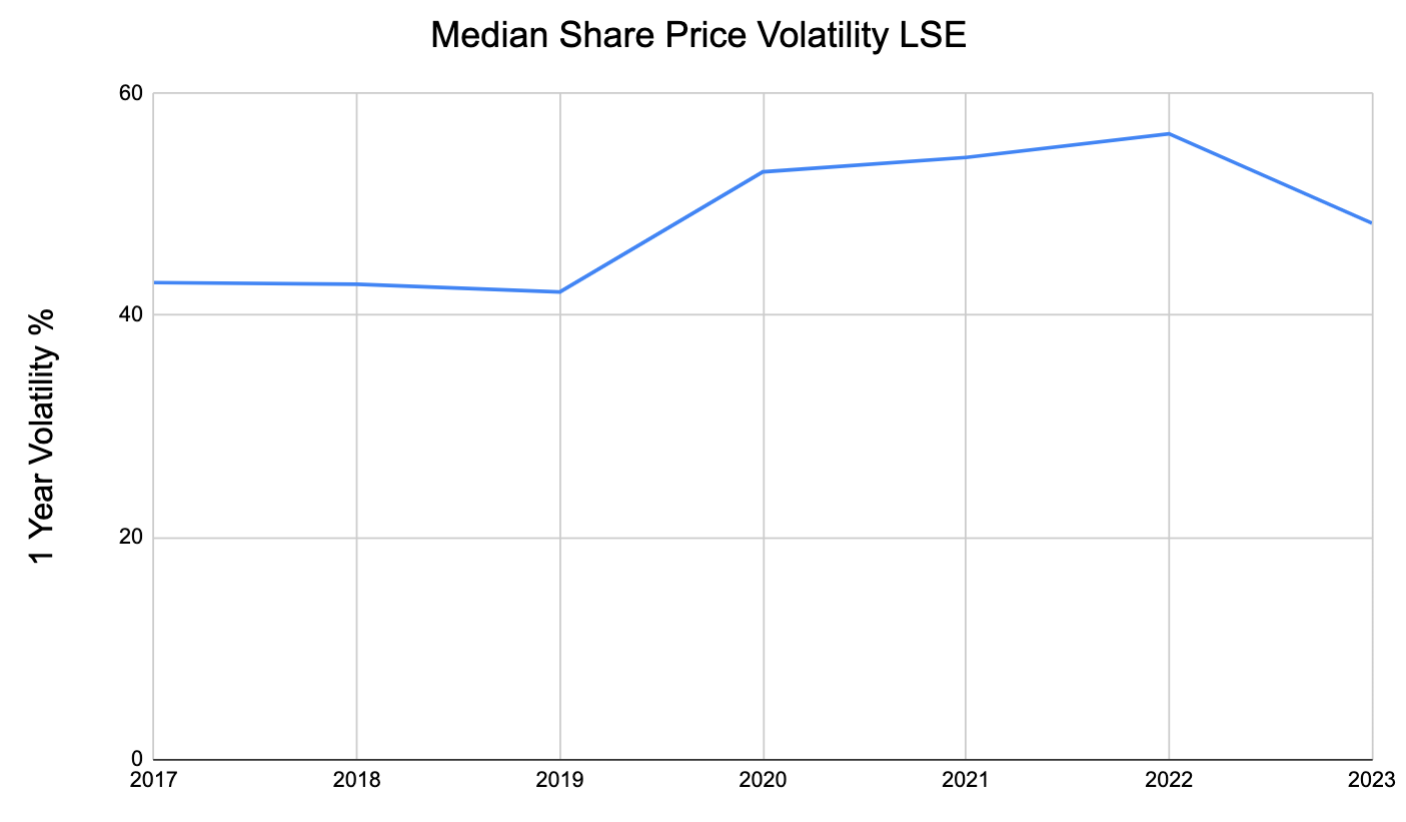I remember the first stock that I recommended for purchase across all our client accounts in my private client group at Goldman Sachs. I was 22 years old and had to comply with the "process". That process meant that shares needed to have been recommended by one of our research analysts, who sat on a different floor to our investment team. I had been watching an Ed-Tech firm with the ticker symbol, CBTSY, and for no apparent reason, it had fallen about 30%. I applied the process, phoned the analyst who confirmed he had just spoken to the CFO very recently and that there was no change to the story. We bought it across all our client accounts.
The next day, the shares slumped dramatically on a profit warning. My boss, with more experience than I, immediately sold, and we took a £1 million loss across the accounts. There were many lessons that I took from this. I rarely trusted research analysts again, but more importantly, learnt the lesson of taking losses quickly. CBTSY continued to fall over the coming months.
As much of the stock market grinds lower, more and more shares are reaching bargain valuations. But markets can stay irrational longer than you can stay solvent. If you buy stocks, you are going to pick some losers, no matter how cheap they seem. This creates a quandary. What should you do with your losers?
In this article, I will illustrate the importance of keeping losses small with a few mental models and some practical guidance on loss management.
Fighting the inclination to hang onto losers
Daniel Kahneman and Amos Tversky extensively studied human behaviour towards differently framed opportunities in their famed “Prospect Theory”. What they found is that we have a tendency to be risk-seeking in our approach to holding losers, but risk-averse when it comes to holding winners. They found that we feel pain of losses more than twice as much as the joy of gains.
The chart below is a handy illustration of this effect.

Psychologically, we don’t believe we’ve taken a loss until we’ve sold a share, so we avoid selling as we think “it might come back”, but we tend to sell gains too quickly, as we say to ourselves “we might lose our profit”. So we snatch at gains, and hold losers. This is the…














